What is Bridge Care ABA?
Bridge Care ABA's team of experienced and certified therapists work closely with families to create customized treatment plans that cater to the unique needs of each child.

.jpeg)
What is Bridge Care ABA?
Bridge Care ABA is a leading provider of Applied Behavior Analysis (ABA) therapy for children with autism. ABA therapy is a scientifically proven method that helps children with autism develop new skills and improve their behavior.
Bridge Care ABA's team of experienced and certified therapists work closely with families to create customized treatment plans that cater to the unique needs of each child.

The Benefits of ABA Therapy
ABA therapy has been shown to be effective in improving communication, social skills, and behavior in children with autism. It helps children learn new skills and behaviors by breaking them down into smaller, more manageable steps.
This approach allows therapists to provide positive reinforcement when a child completes a step correctly, which encourages them to continue working towards their goals.
Customized Treatment Plans
At Bridge Care ABA, the team understands that every child with autism is unique and has their own specific needs. That's why they work closely with families to create customized treatment plans that cater to the individual needs of each child.
The therapy programs are designed to be flexible and adaptable, allowing therapists to adjust the treatment plan as necessary to ensure the best possible outcomes for each child.
Experienced and Certified Therapists
Bridge Care ABA's team of therapists are highly experienced and certified in ABA therapy.
They are passionate about helping children with autism develop new skills and behaviors, and they work closely with families to provide ongoing support and guidance throughout the therapy process. The therapists are trained to use evidence-based techniques and methods to ensure the best possible outcomes for each child.
A Family-Centered Approach
Bridge Care ABA understands that autism affects the entire family, not just the child with autism. That's why they take a family-centered approach to therapy. They work closely with families to ensure that everyone is involved in the therapy process and that they have the support and guidance they need to help their child succeed.
Services Offered by Bridge Care ABA
Bridge Care ABA offers a wide range of services to support children with autism and their families. These services include:
1. Comprehensive evaluations
Before starting therapy, Bridge Care ABA conducts comprehensive evaluations to identify the unique needs of each child. The evaluations are based on standardized assessments and observations, and they help the team develop a customized treatment plan for each child.
2. One-on-one therapy sessions
Bridge Care ABA provides one-on-one therapy sessions that are tailored to the individual needs of each child. During these sessions, therapists use evidence-based techniques to teach new skills and behaviors and address challenging behaviors.
3. Group therapy sessions
In addition to one-on-one therapy sessions, Bridge Care ABA also offers group therapy sessions. These sessions provide children with opportunities to practice social skills in a supportive environment with other children who have similar challenges.
4. Parent training and support
Bridge Care ABA understands that parents play an essential role in their child's therapy journey, which is why they offer parent training and support. Parents receive ongoing guidance from therapists on how to reinforce positive behaviors at home and how to manage challenging behaviors effectively.
5. School consultation
Bridge Care ABA works closely with schools to ensure that children receive consistent support across all settings. The team provides consultation services for educators to help them implement strategies that promote learning and positive behavior in the classroom.
Overall, Bridge Care ABA's comprehensive approach ensures that children with autism receive the support they need to reach their full potential, both at home and in school.
Collaborating with Schools and Other Professionals
Bridge Care ABA recognizes that children with autism require consistent support across all settings, including at school or in other professional environments. That's why they work closely with schools and other professionals to ensure that children receive comprehensive care.
School Consultation Services
Bridge Care ABA provides consultation services for educators to help them implement strategies that promote learning and positive behavior in the classroom. The team collaborates with teachers, school psychologists, and other professionals to create individualized education plans (IEPs) that cater to the unique needs of each child.
Collaboration with Other Professionals
In addition to working with schools, Bridge Care ABA also collaborates with other professionals involved in a child's care.
This includes pediatricians, occupational therapists, speech therapists, and others. By working together as a team, these professionals can provide comprehensive care that addresses all aspects of a child's development.
Overall, Bridge Care ABA's collaborative approach ensures that children with autism receive consistent support across all settings and from all professionals involved in their care.
ABA Therapy Techniques Used by Bridge Care ABA's Therapists
Bridge Care ABA's therapists use a variety of evidence-based techniques to help children with autism develop new skills and behaviors. These techniques include:
Discrete Trial Training (DTT)
Discrete Trial Training (DTT) is a technique that breaks down complex skills into smaller, more manageable steps. During DTT sessions, therapists provide positive reinforcement when a child completes a step correctly, which encourages them to continue working towards their goals.
Natural Environment Teaching (NET)
Natural Environment Teaching (NET) is a technique that teaches new skills in the context of everyday activities. This approach helps children learn how to apply new skills in real-world situations.
Pivotal Response Treatment (PRT)
Pivotal Response Treatment (PRT) is a technique that focuses on improving key areas of development, such as motivation, communication, and socialization. PRT sessions are highly individualized and tailored to the unique needs of each child.
Verbal Behavior Intervention (VBI)
Verbal Behavior Intervention (VBI) is a technique that focuses on developing language and communication skills in children with autism. VBI sessions use positive reinforcement to encourage children to communicate effectively.
Overall, Bridge Care ABA's therapists use a range of evidence-based techniques to ensure that each child receives the support they need to reach their full potential.
Incorporating Parent Feedback into Treatment Plans
At Bridge Care ABA, parents play an essential role in their child's therapy journey. The team understands that parents know their child best and have valuable insights into their child's strengths, challenges, and progress.
That's why Bridge Care ABA's therapists regularly seek feedback from parents throughout the therapy process. They use this feedback to refine treatment plans and ensure that therapy is tailored to the unique needs of each child.
During regular check-ins with parents, therapists ask for feedback on how the child is responding to therapy and what areas they feel need more attention. Based on this feedback, therapists may adjust the treatment plan or recommend new strategies to help the child make progress towards their goals.
In addition to seeking feedback during check-ins, Bridge Care ABA also provides ongoing support for parents outside of therapy sessions. This includes resources such as educational materials and access to parent support groups.
Overall, incorporating parent feedback into treatment plans is a critical component of Bridge Care ABA's family-centered approach to therapy. By working closely with families and valuing their input, Bridge Care ABA ensures that each child receives the most effective and personalized care possible.
The Impact of Cultural Diversity on ABA Therapy
Cultural diversity can have a significant impact on the effectiveness of ABA therapy. Children from different cultures and backgrounds may respond differently to certain techniques, and it's essential that therapists are sensitive to these differences.
At Bridge Care ABA, the team recognizes the importance of cultural sensitivity in providing effective therapy for children with autism. They take steps to ensure that their therapists are trained to work with children from diverse backgrounds and cultures.
Cultural Sensitivity Training
All of Bridge Care ABA's therapists receive ongoing training in cultural sensitivity. This training helps them understand how different cultural beliefs and practices can impact a child's behavior and learning. Therapists learn how to tailor their approach to meet the unique needs of each child and family they work with.
Multilingual Staff
Bridge Care ABA is proud to have a diverse team of therapists who speak multiple languages. This allows them to communicate effectively with families who may not speak English as their first language. It also helps bridge any potential language barriers that could impact the effectiveness of therapy.
Customized Treatment Plans
Bridge Care ABA understands that every child is unique, including those from different cultural backgrounds. That's why they work closely with families to create customized treatment plans that take into account each child's individual needs, preferences, and cultural background.
Overall, Bridge Care ABA takes a culturally sensitive approach to therapy, ensuring that every child receives the support they need regardless of their cultural background or beliefs.
Conclusion
Bridge Care ABA is a leading provider of ABA therapy for children with autism. Their customized treatment plans, experienced therapists, and family-centered approach make them an excellent choice for families looking for effective and compassionate therapy for their child. If you're interested in learning more about Bridge Care ABA, visit their website or contact them directly.
Find More Articles
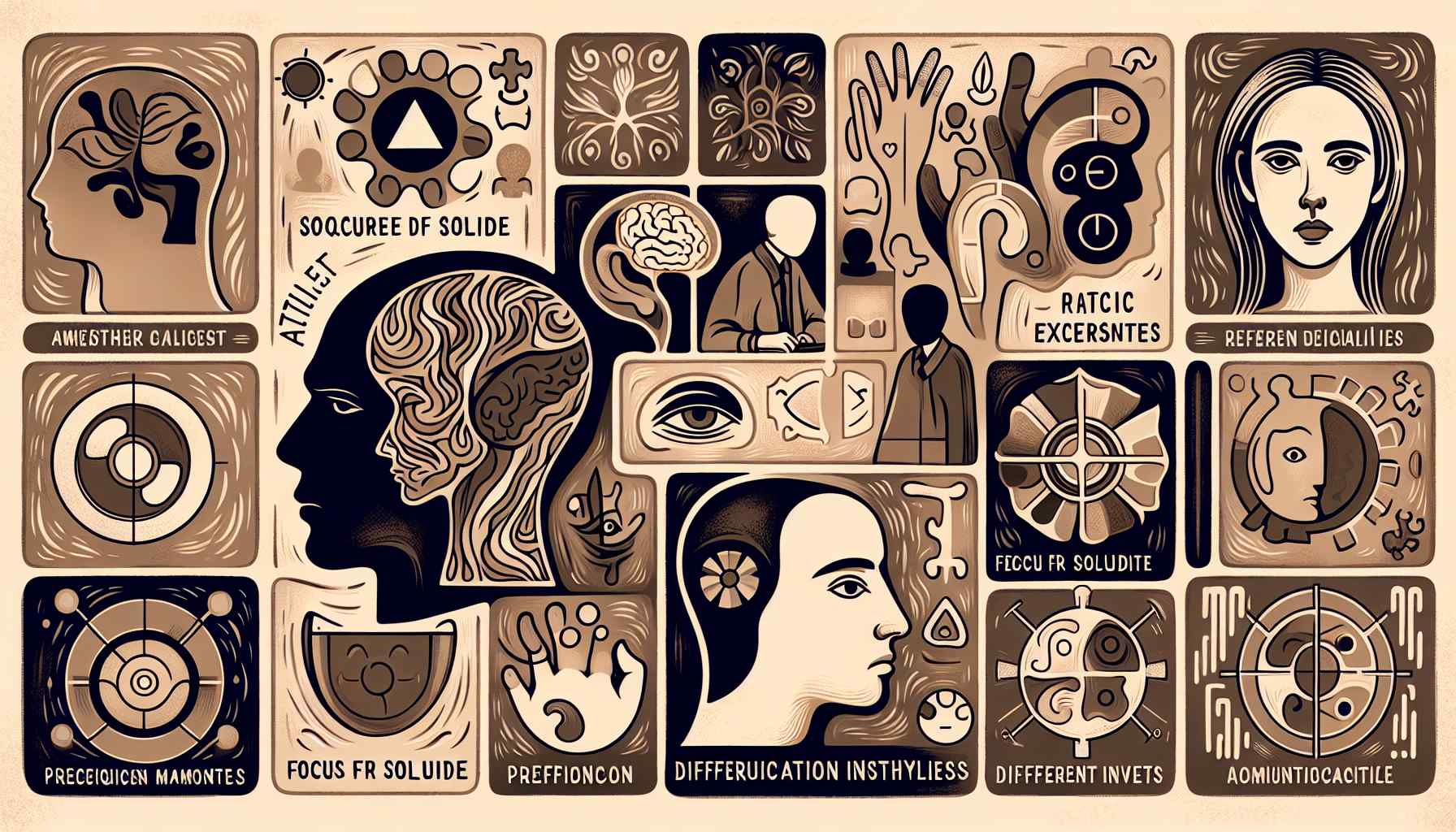
Decoding The Characteristics Of High Functioning Autism

Community Inclusion For Autism

Creating a Sensory Friendly Environment

Addressing Delayed Speech in Autism

Unveiling the Various Forms of Autism

Unveiling the Spectrum: Exploring Different Kinds of Autism

Building a DIY Sensory Table for Autism

Does ABA Therapy Improve Autism?
.jpeg)
Does Covid Cause Autism?

Does Mcdonalds Cause Autism?

Exploring Messi's Autism Allegations

Understanding Autism: Is Your Toddler on the Spectrum?

Does Sam Bankman Fried Have Autism?

Does Speech Therapy Help Autism?

Encouraging Positive Behaviors in Autism
.jpeg)
Facing Parenting Challenges: Tips and Advice
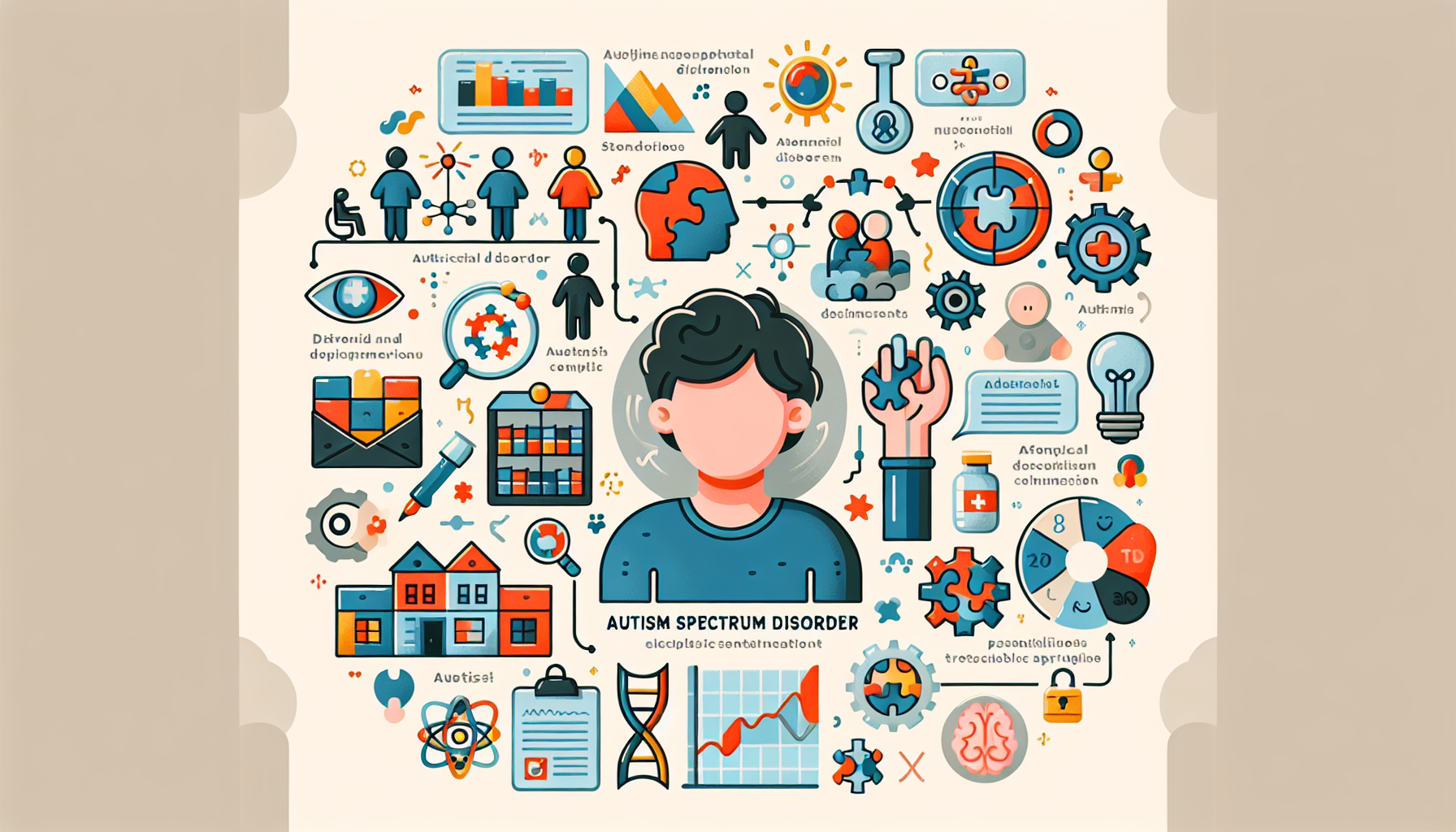
Surprising Facts About Autism Spectrum Disorder

Floortime Therapy: A Path To Progress

Help Autistic Children Grasp Emotions
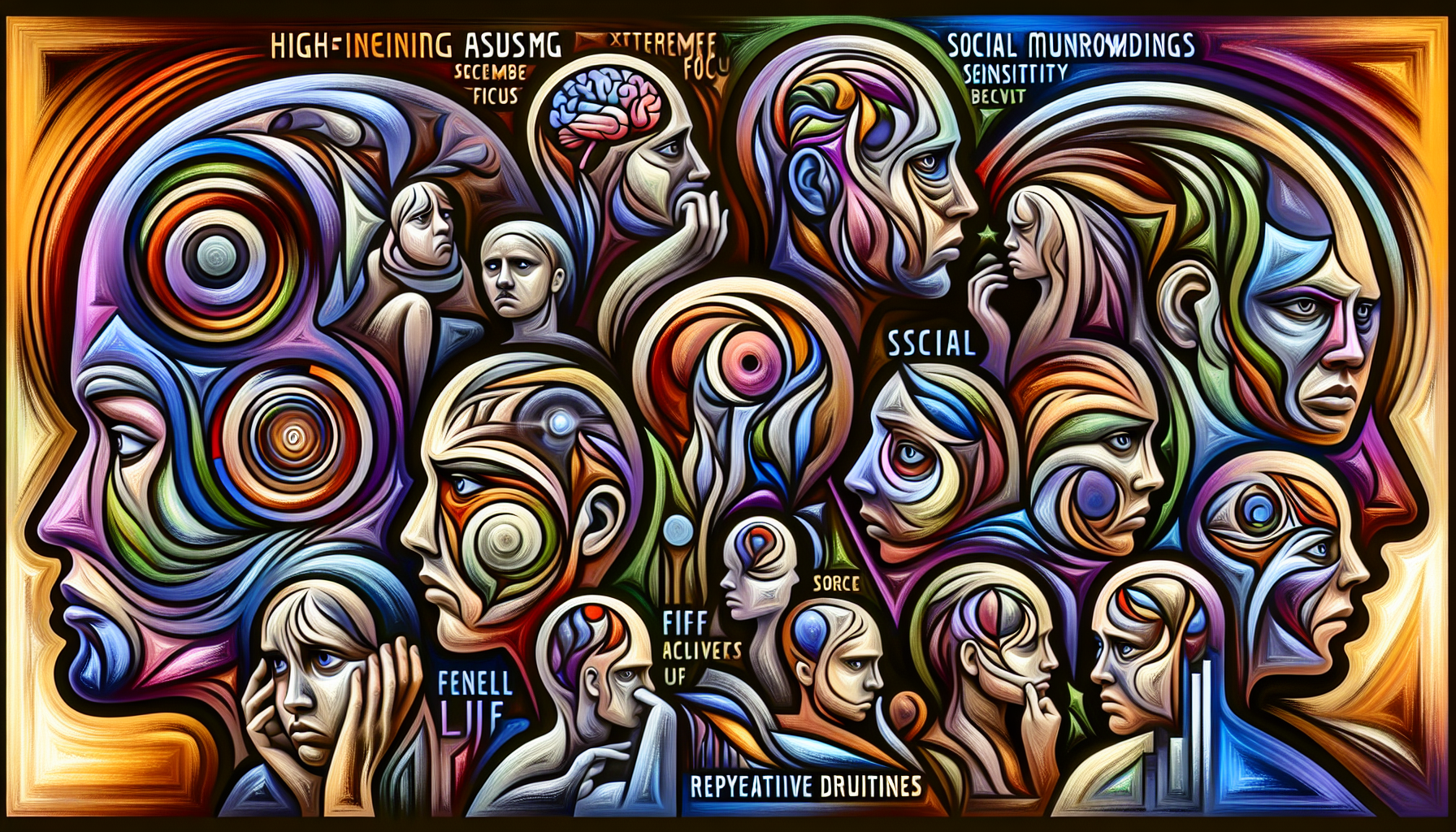
Overcoming Behavior Problems in High-Functioning Autism

High- Functioning Autism Sensory Issues
.jpeg)
10 Hobbies And Activities To Enjoy With Your Child With Autism

Understanding How it Impacts Behavior

Living with Autism: The Daily Battle for Adults

Autism Unmasked: Uncovering its Commonality
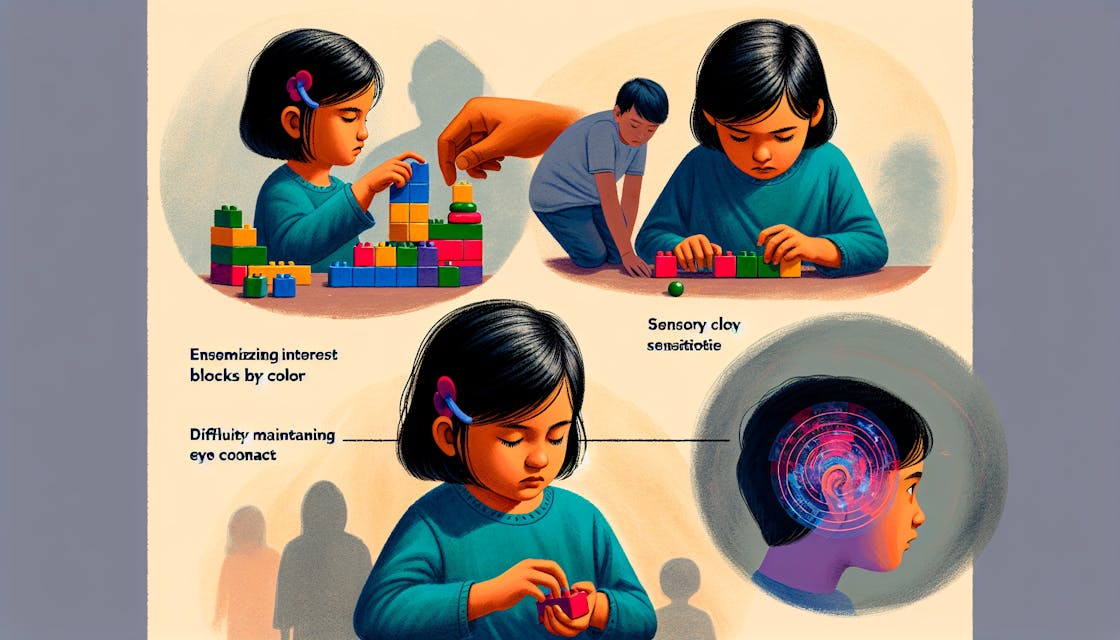
How to Identify Signs of Autism in Your Child
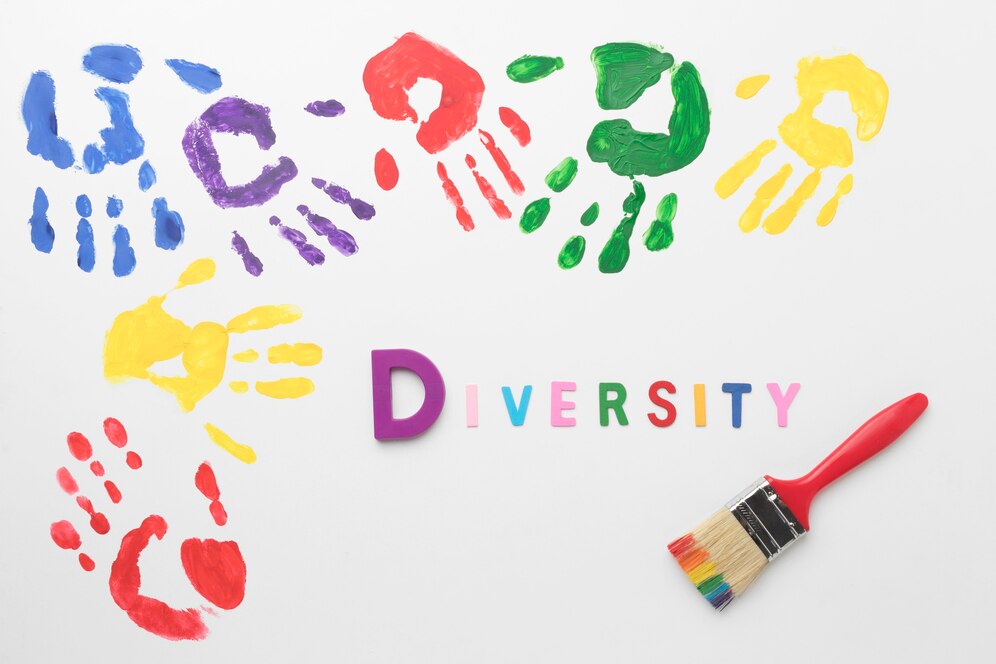
Understanding Autism: How to Recognize the Signs in Someone
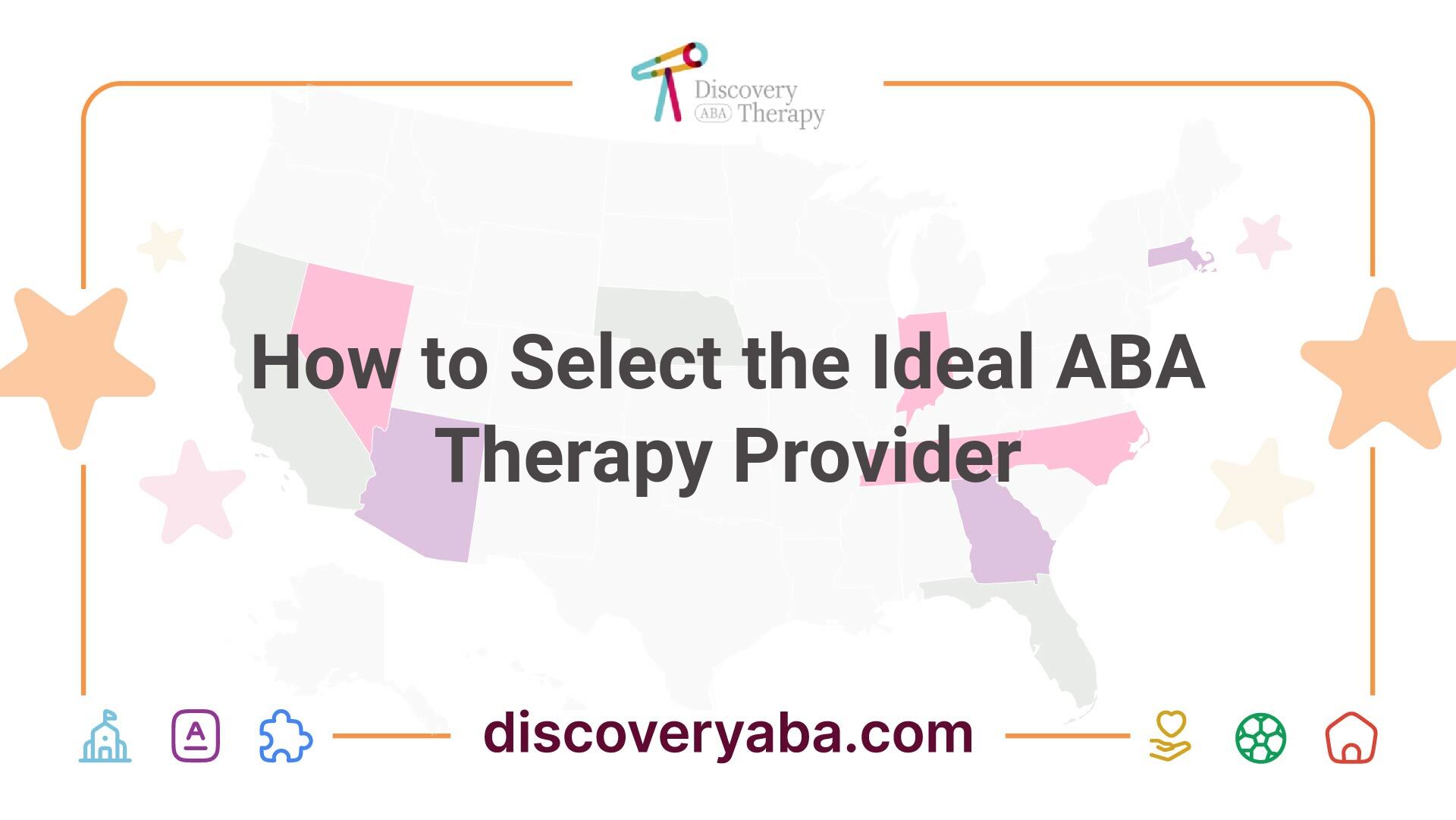
How to Select the Ideal ABA Therapy Provider
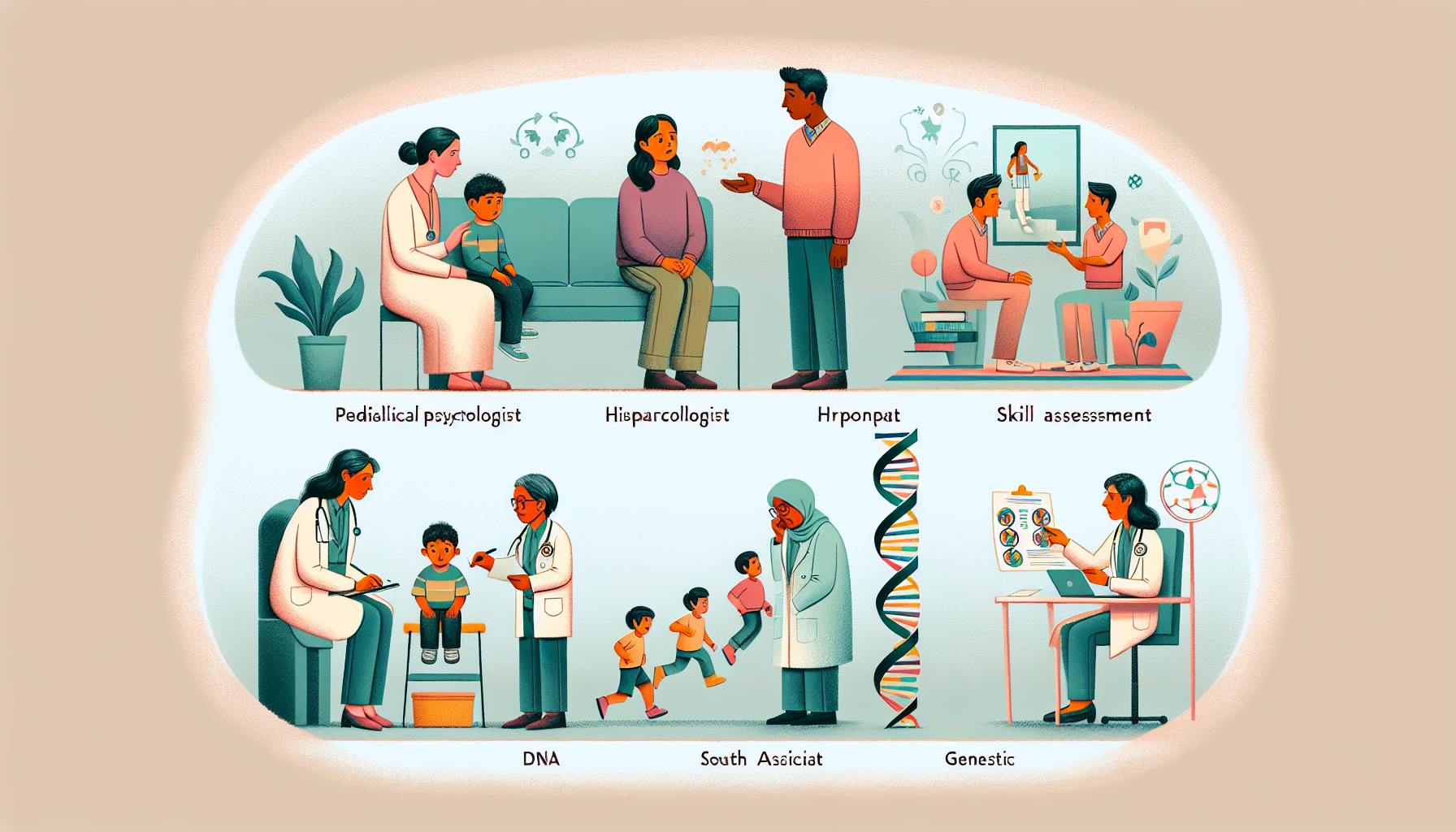
How to Detect Autism Early

How to Incorporate ABA Strategies into Playdates and Social Settings

Supporting Autistic Teenagers: What You Can Do?

If I Have Autism will My Child Have It?

Improve Communication Skills in Autism
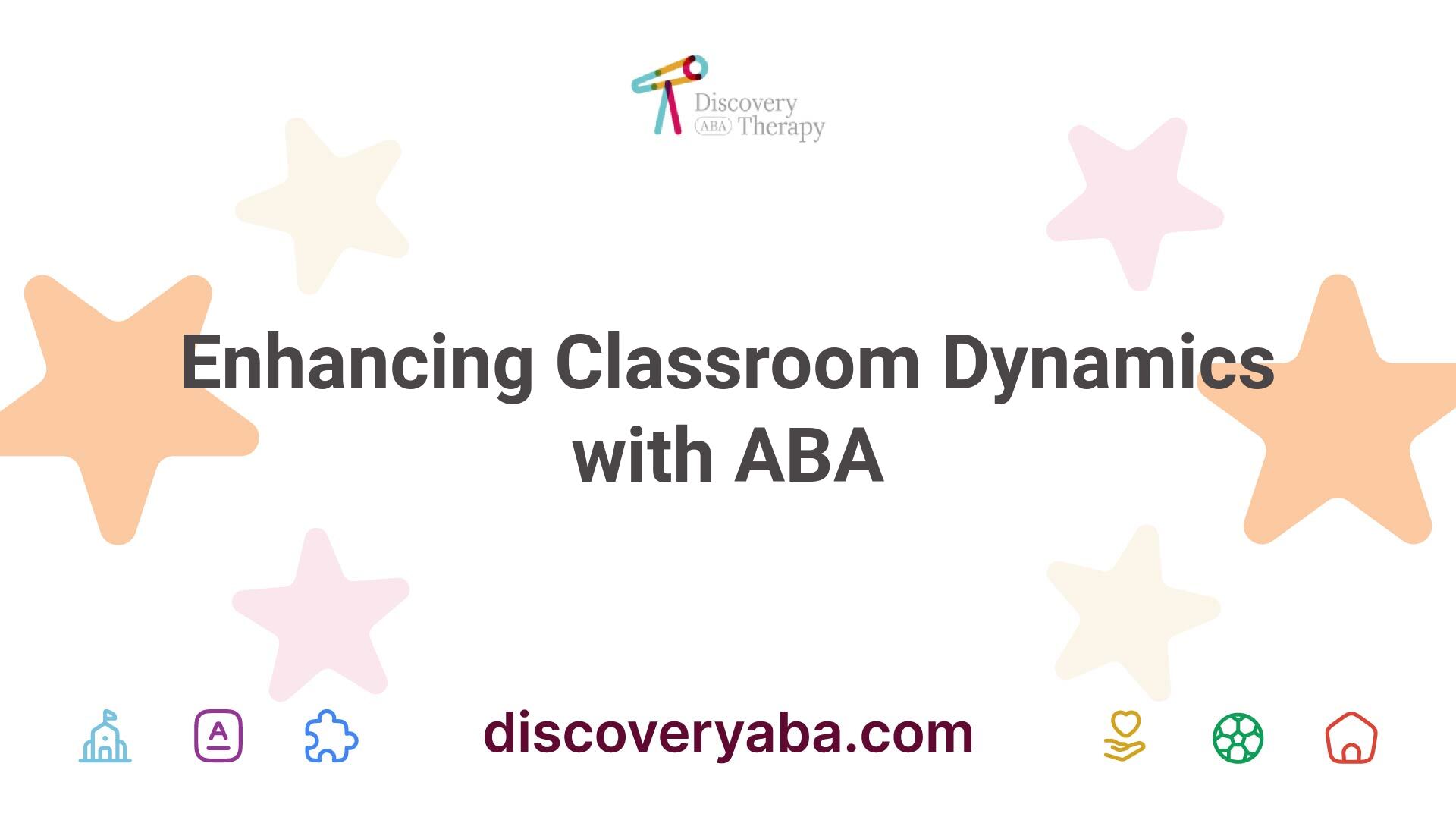
Enhancing Classroom Dynamics with ABA

In- Home ABA Therapy Programs

Incidental Teaching ABA

Is Barron Trump Autistic?: Barron Trump and Autism

Is It Possible For A Person To Develop Autism?

Is Speech Delay A Sign Of Autism?

Is Toe Walking a Red Flag for Autism?

Finding Fulfilling Jobs for Adults with Autism

Examining Level 3 Autism Life Expectancy
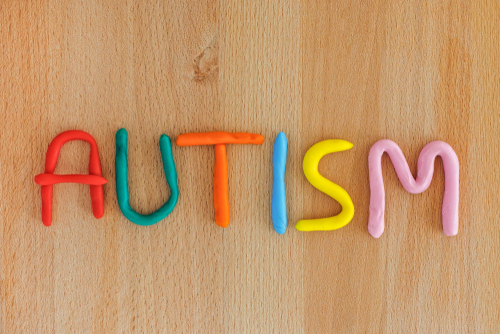
3 Levels of Autism: Symptoms, Diagnosis & Life Expectancy

Managing Sensory Overload in Autism

Milestone Delays In Children With Autism

Leading the Way: How the National Autism Association Supports Autism Community
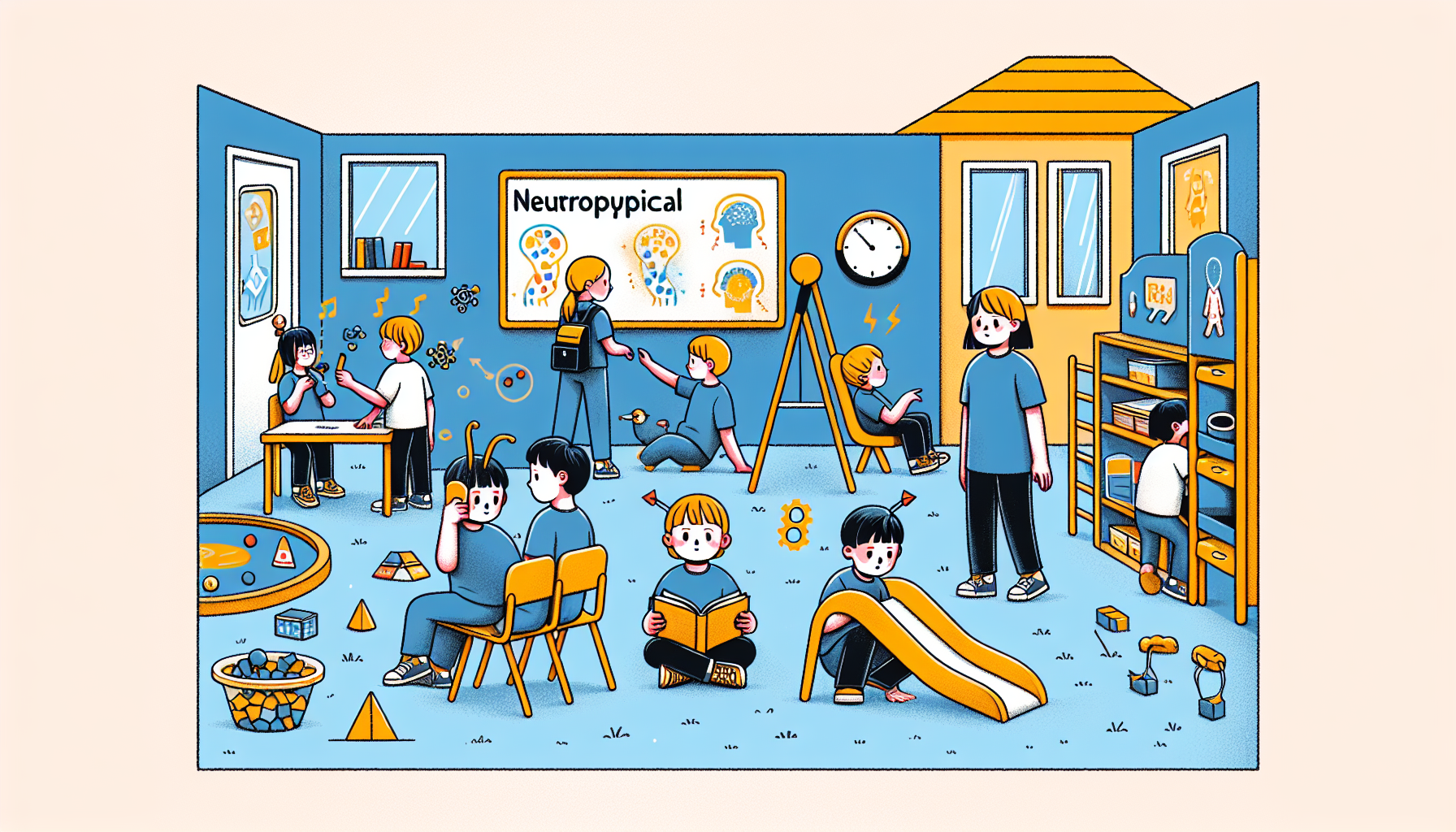
Meaning of a Neurotypical Child

Navigating North Carolina's Autism Group Homes

Odds Of Having A Child With Autism By Age
%2520(1).jpeg)
Preschool for Autism: What You Need to Know

Preventing Risks For Children With Autism: Safety First!
.jpeg)
RBT Duties And Responsibilities

Reducing Self-Injury with ABA
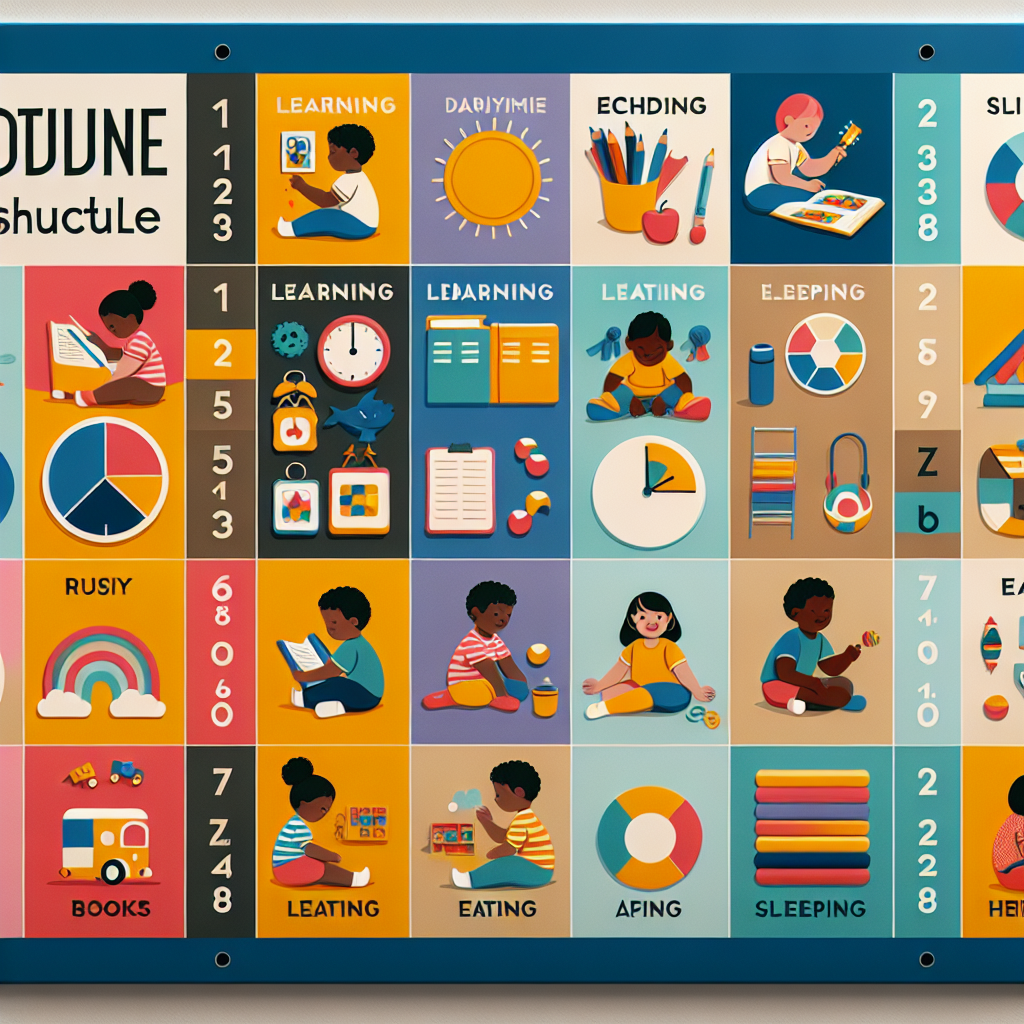
Routine and Structure for Children with Autism

Self Stimulatory Behaviors

Vivid Examples of Autism Sensory Overload

Sibling Responsibilities for Children with Autism
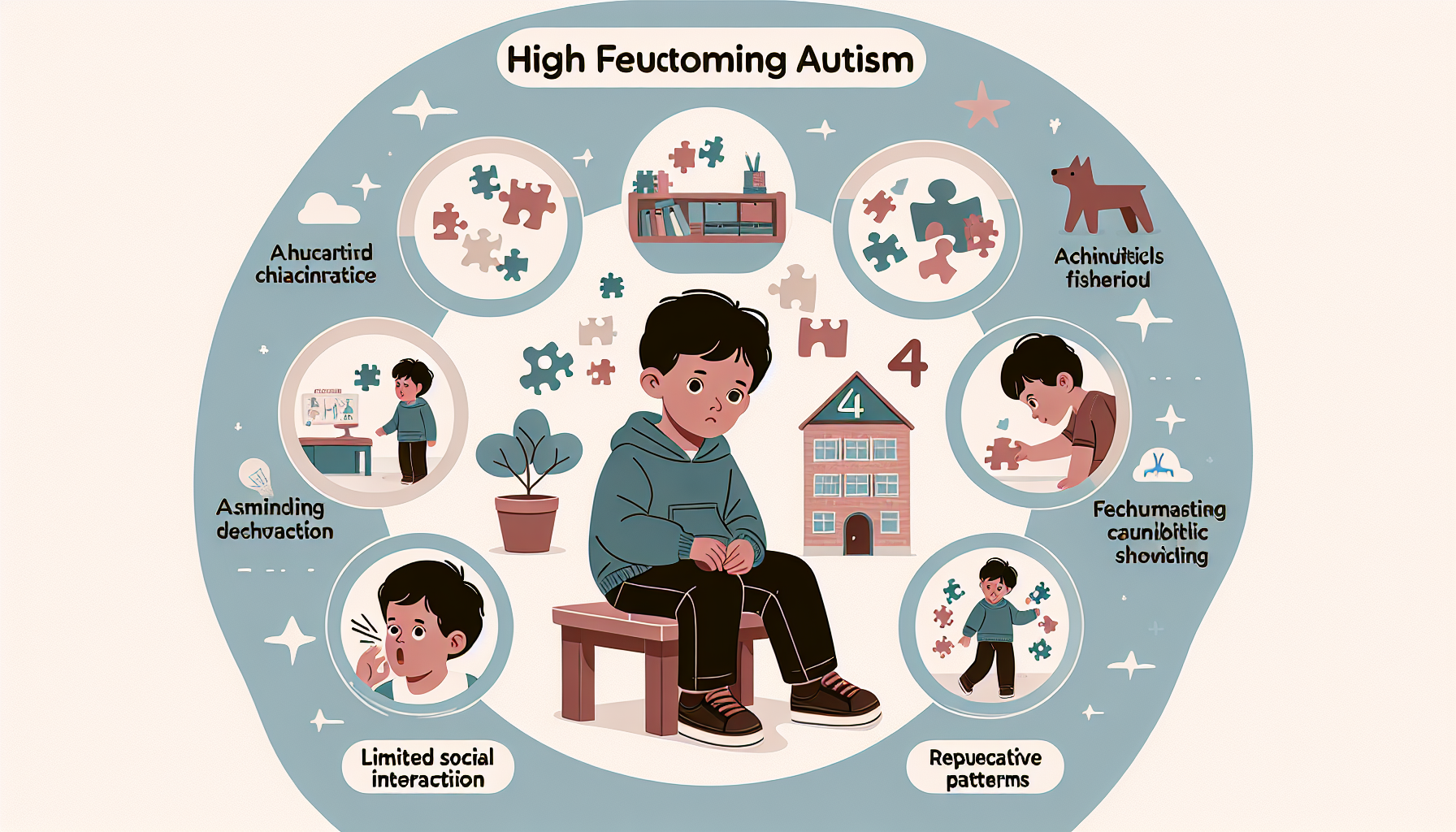
Identifying Early Signs of High Functioning Autism in a Four Year Old

Uncovering Signs of Being on the Autism Spectrum

Social Success and ABA Therapy Strategies for Social Cues

Speech Delay vs Autism

Stimming in Autism: Examples, Causes & Symptoms

ABA Therapy Success Rates

Tactile Defensiveness Symptoms
.jpeg)
The Importance of Task Analysis in ABA Therapy

10 ABA Therapy Techniques To Try At Home

Technology-Assisted Interventions in Autism

The Importance of Consistency in ABA Therapy

The Importance of Consistency in ABA Therapy

Unveiling the World of Autistic Toddlers: 10 Unique Actions Explored

Tylenol Autism Lawsuit Payout

Understanding Autism in Adults

Harnessing Reinforcement in Autism Therapy

Utah Autism Group Home Services for a Brighter Future

Vaccines and Autism: Is There A Connection?
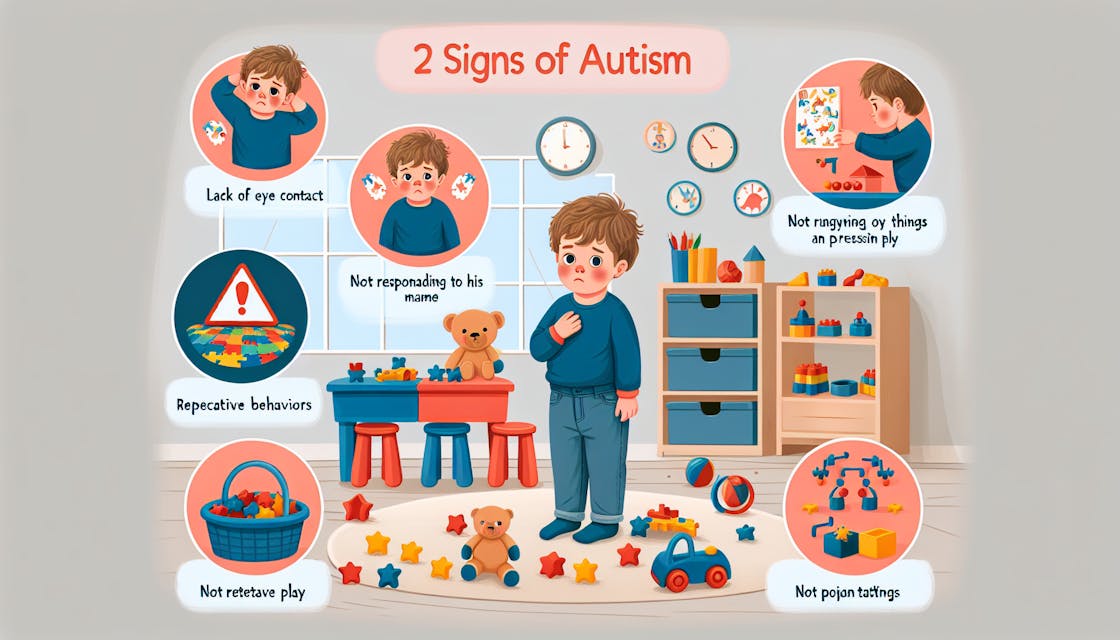
Signs of Autism in Two-Year-Olds
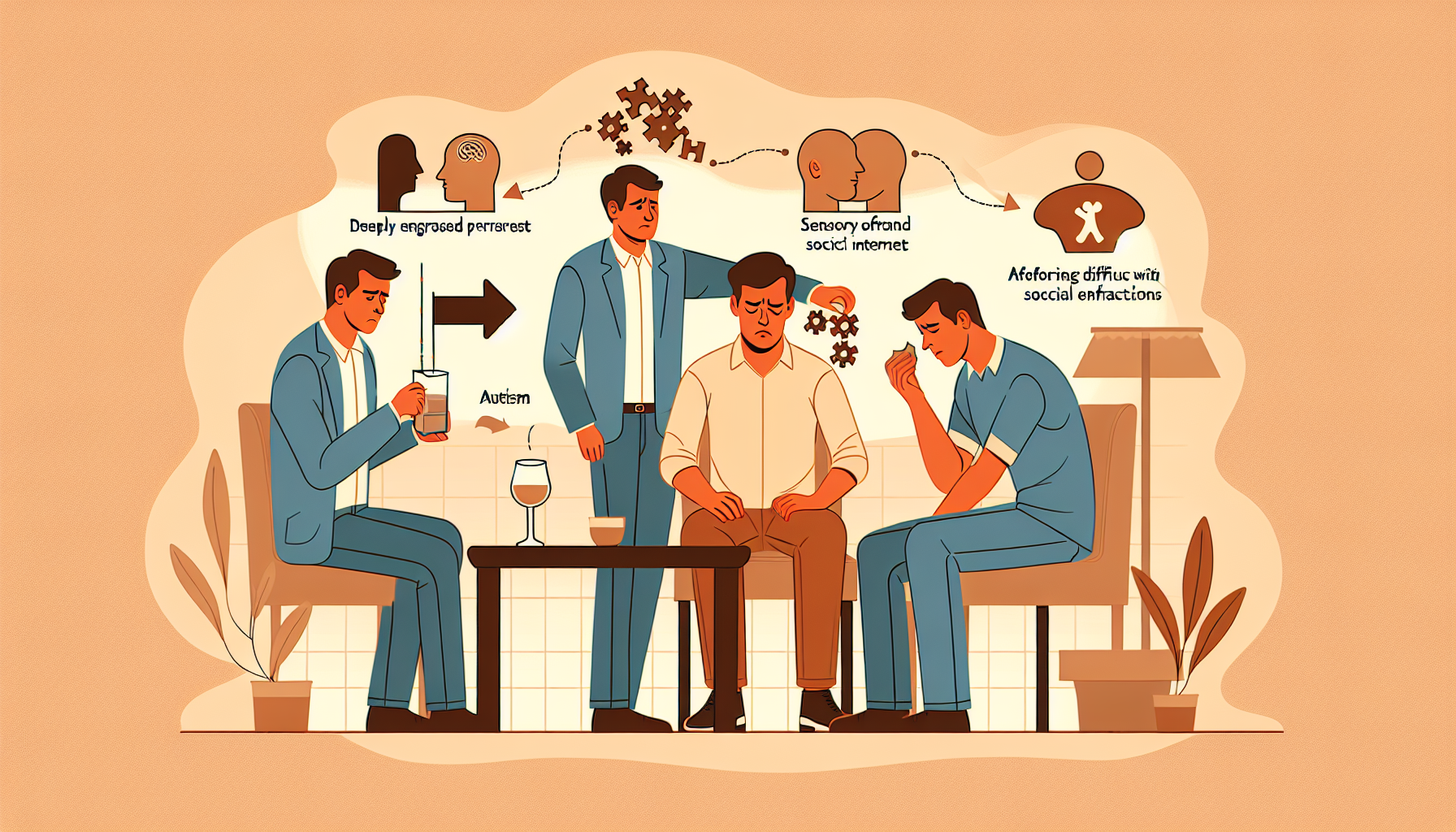
From Masks to Reality: Spotting Signs of Autism in Adult Men

What Are The Symptoms Of PDA Autism?
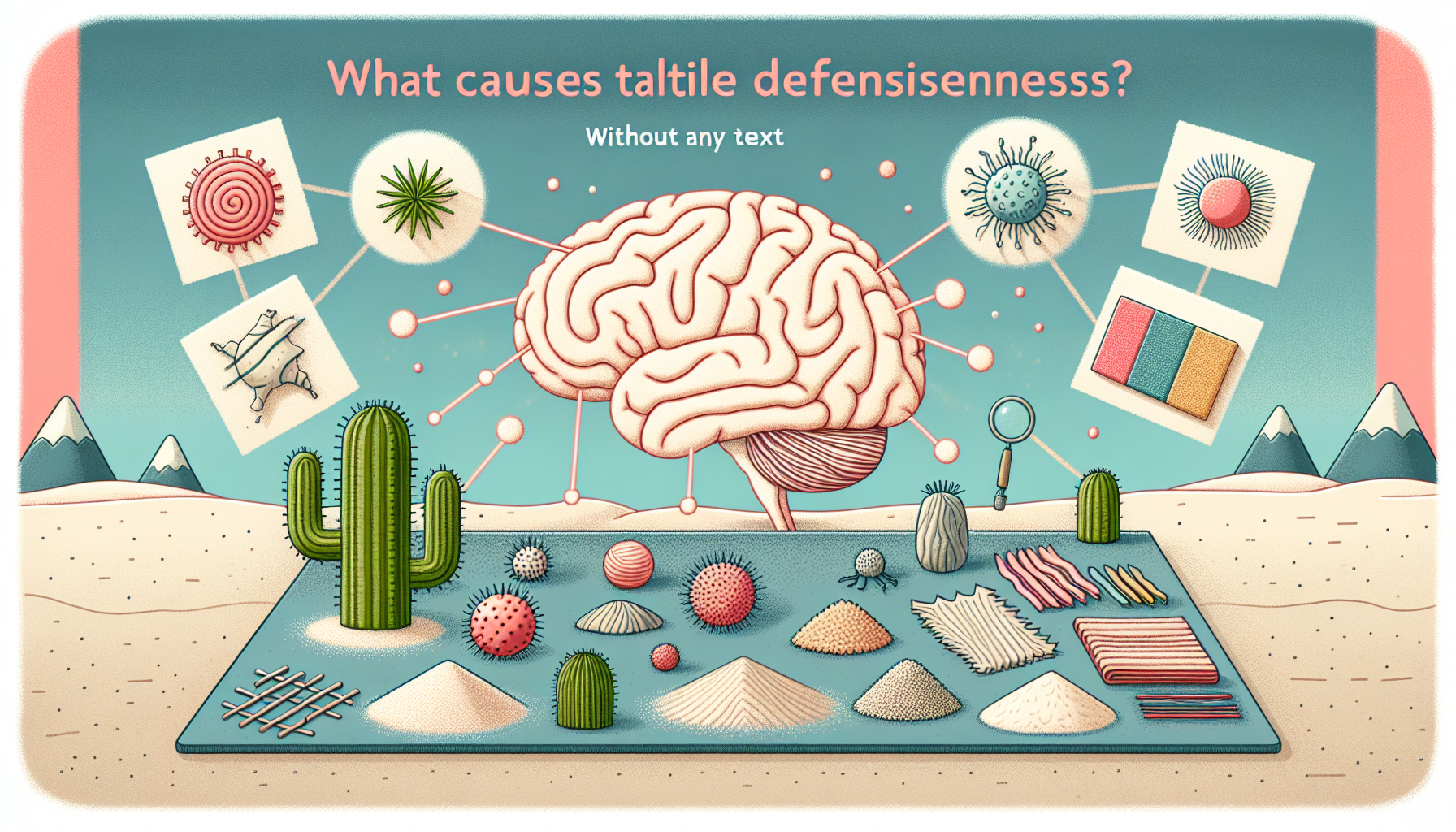
Causes of Tactile Defensiveness
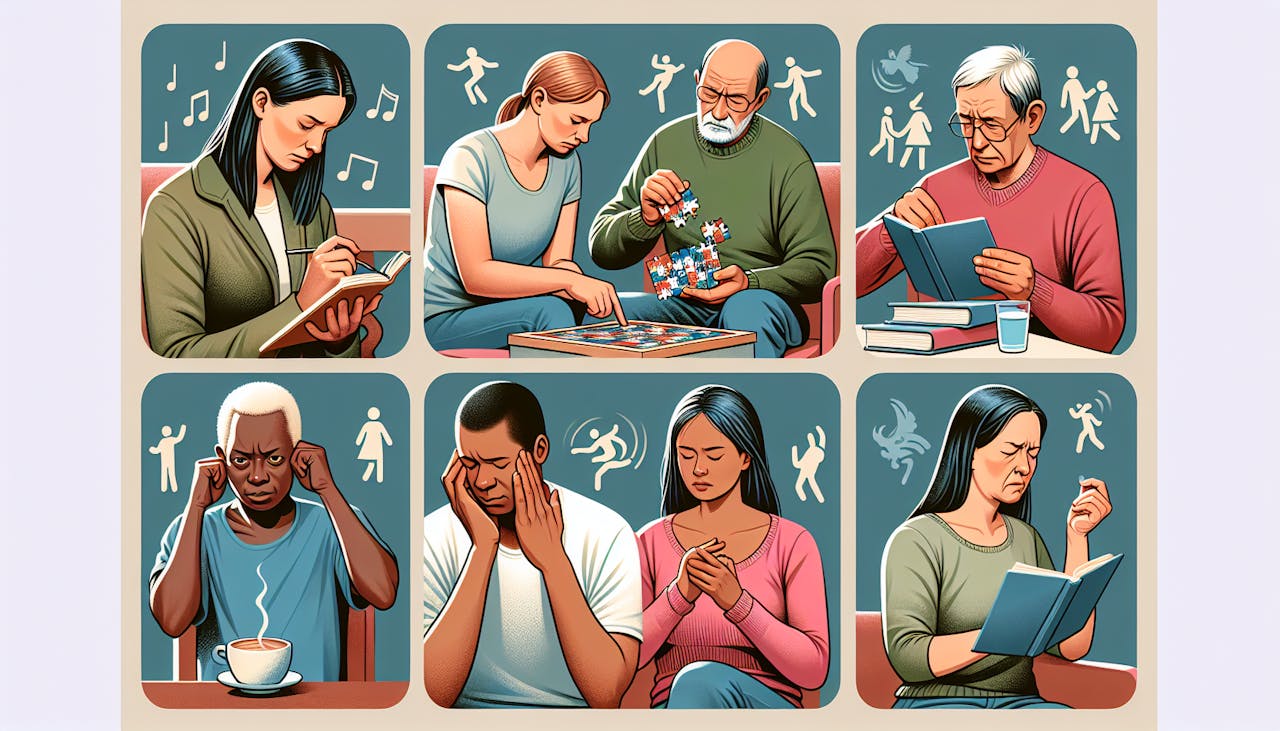
Shedding Light on the Invisible: What Does Mild Autism Look Like in Adults?

Unraveling Overstimulation in Autism

What Does PDA Look Like in a Child?

What Exactly is Autism?

The Hidden Meaning of F84.0: Unveiling its Impact in Autism Spectrum Disorder

Demystifying Autisms Sensory Challenges
.jpeg)
What is Play Therapy for Autism?

Exploring the Benefits of Respite Care for Autism

Navigating the Spectrum: A Closer Look at Spectrum Disability
.jpeg)
What Is The Mildest Form Of Autism?

Who is ABA Therapy Suitable For?

Qualified Professionals for Autism Diagnosis in Adults

Unveiling the Reasons Behind the Occurrence of Autism
.jpeg)
Why "Refrigerator Mothers" Are Blamed For Autism?

How Functional Behavior Assessments Improve Treatment Outcomes

How to Incorporate ABA Therapy Techniques in Daily Routines

How to Prepare for ABA Therapy Evaluations

How to Handle Tantrums and Meltdowns with ABA Strategies

The Connection Between ABA Therapy and Emotional Well-Being
Contact us
North Carolina, Tennessee, Nevada, New Jersey, Utah, Virginia
New Hampshire, Maine
Massachusetts, Indiana, Arizona, Georgia
.avif)


